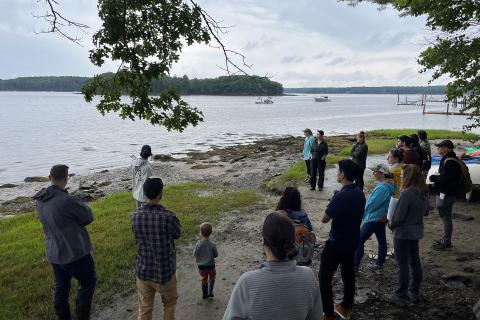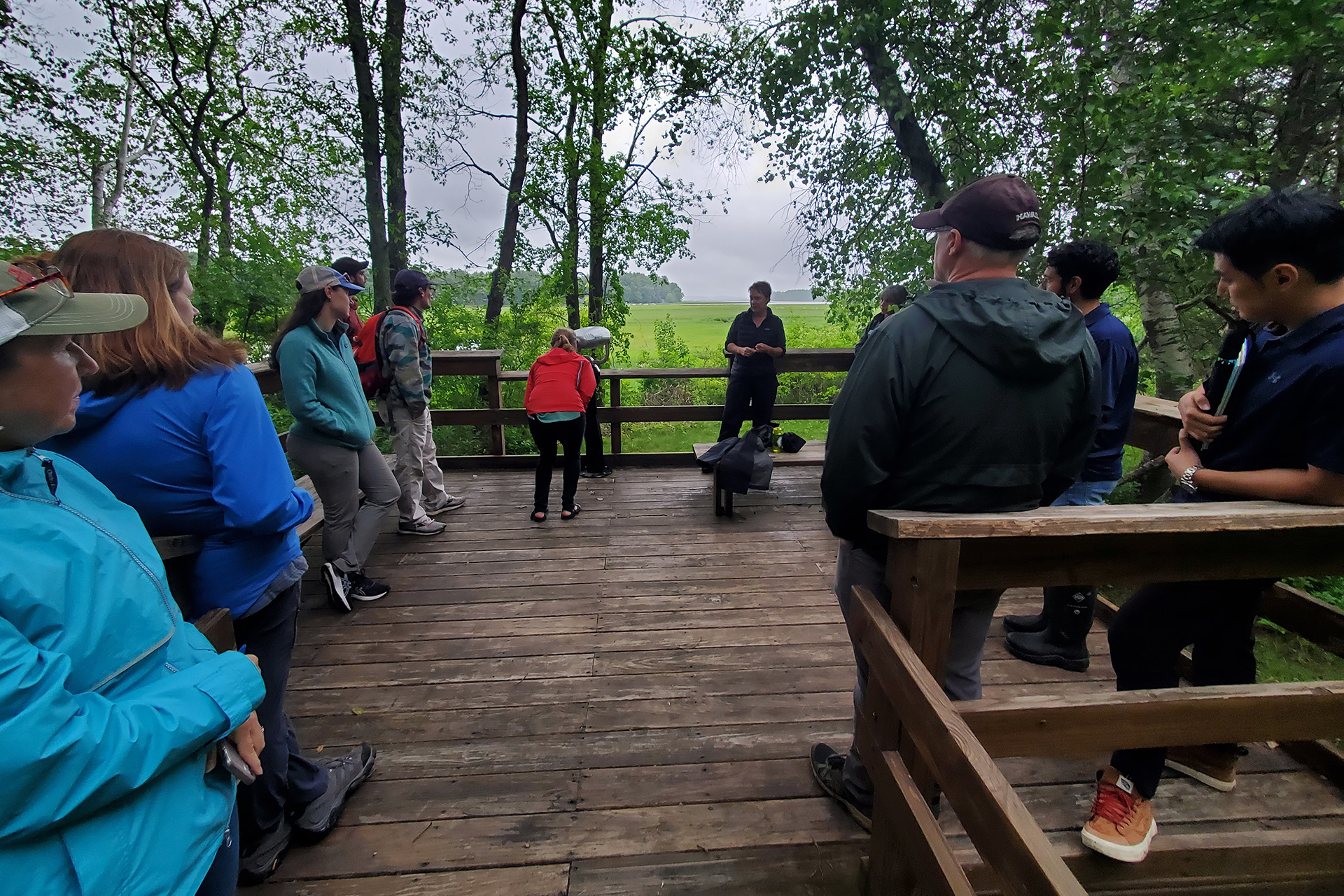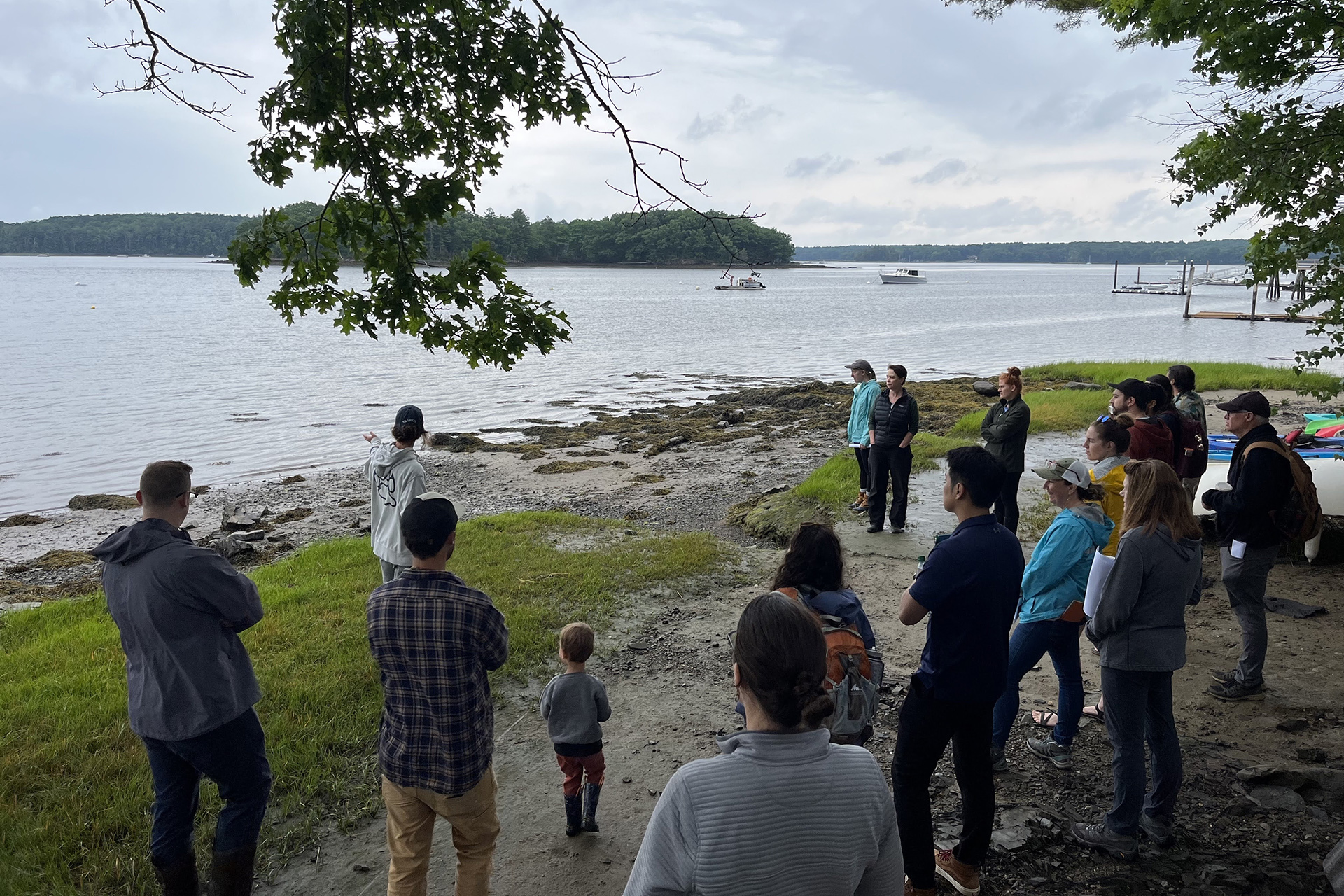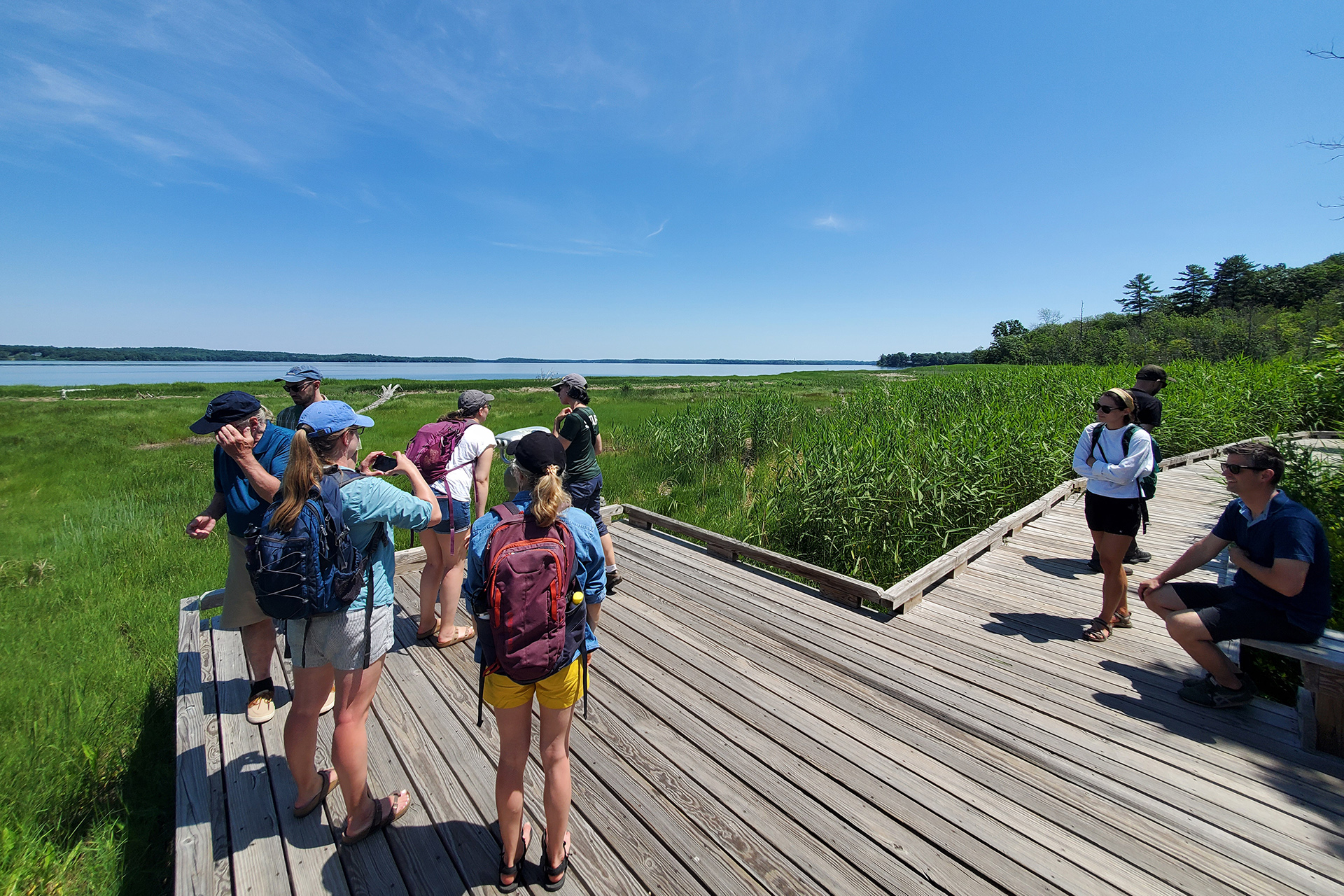
This project seeks to improve social science literacy and create a stronger applied social science and human dimensions research network within the Great Bay Estuary complex by bridging research and outreach related to the human dimensions of improving water quality.
The Great Bay and Little Bay Estuary complex includes the majority of the Piscataqua Region Watershed and covers approximately 17 square miles of tidal waters into which seven rivers drain. The municipalities that make up this region vary in size and their capacity to address watershed management and infrastructure issues related to water quality, creating a need to better bridge social science research and application with outreach and engagement.
The Great Bay 2030 initiative–an emerging partnership among the New Hampshire Charitable Foundation and partner organizations–has secured a 12 million dollar investment over the next five years to advance five priorities in the Great Bay watershed: land protection, climate adaptation, habitat restoration, water quality, and community engagement stewardship. This project will directly support the activities of the Engagement and Stewardship workgroup, which will identify and support projects that foster a culture of stewardship, increase appreciation for the region’s water resources, and promote individual and community actions that will improve water quality. The project aims to ensure that outreach and engagement approaches are built on existing evidence and are adapting and evolving to meet the needs of a changing population. The project approach involves a series of structured peer-learning opportunities for meaningful interactions and a chance to co-develop insights about the implications of available research for specific applications. The project will culminate with a final workshop to build familiarity and comfort with social science applications and identify opportunities for future collaborations with researchers and practitioners across the human dimensions community.


